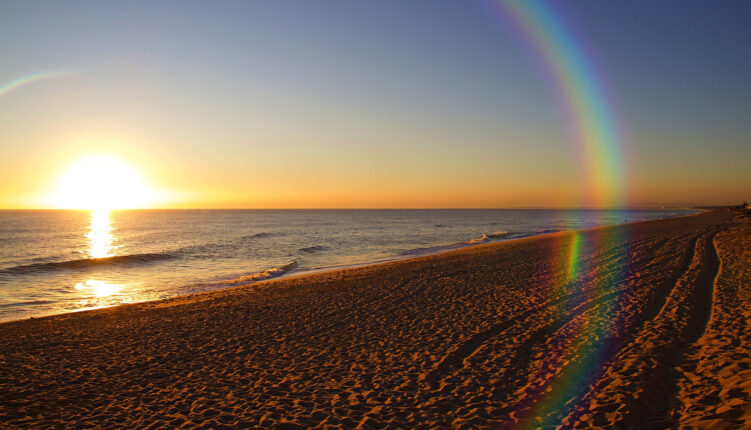“Spring forward, fall back” is the saying that reminds us whether we “lose” or “gain” an hour, in March and October respectively, each year.
Daylight Saving Time (DST), the changing of the hour, was originally conceived by Benjamin Franklin in the 1770s and picked up by New Zealander George Hudson in the 1890s, nothing was instigated however.
In 1907 William Willett revived the idea, which was subsequently adopted by Germany in 1915 followed by Britain in 1916.
Many other countries, including Portugal, embraced the concept during the First World War but at the time of Armistice, all countries stopped using DST. It was only during the Second World War that a different form was reinstated.
The main purpose of DST is to make better use of daylight. It has been suggested that using DST means less energy is used. A 1975 study in the USA showed that electricity usage reduced by at least 1% whilst in a more recent study in New Zealand, it was shown to have reduced by 3.5%.
During the Second World War conservation was of particular interest of course, but another benefit was the opportunity to make the most of daylight hours for those working outside eg farmers.
Portugal picked up and dropped DST many times over the years. But in 1966, when Summer Time was in force, the hour did not change again until 1976, when law dictated that the clocks went forward on the first Sunday in April each year and back on the last Sunday in September or the first Sunday in October.
In October 1992, whilst Algarvean Aníbal Cavaco Silva was President, the government took the decision not to change to Winter Time in order to bring Portuguese time into line with that of Central European countries. By doing so Portugal lived in a time lag to Britain over four years.
It also meant that during winter, the sun rose mid-morning and in the summer it was still daylight until after 10pm!
In 1997, European legislation stated that all Member States would set the time change (move the hour forward) at 1am on the last Sunday in March (Summer Time), returning to Winter Time at 2am on the last Sunday in October.
Portugal adhered to this change however, it follows British time rather than central European time.
And so, remember to set your clock back this Saturday evening before retiring. F1 will be in Portimão over the weekend and although you will want to be on time you don’t want to be an hour early, do you?
Image: Julian Hacker | Pixabay

